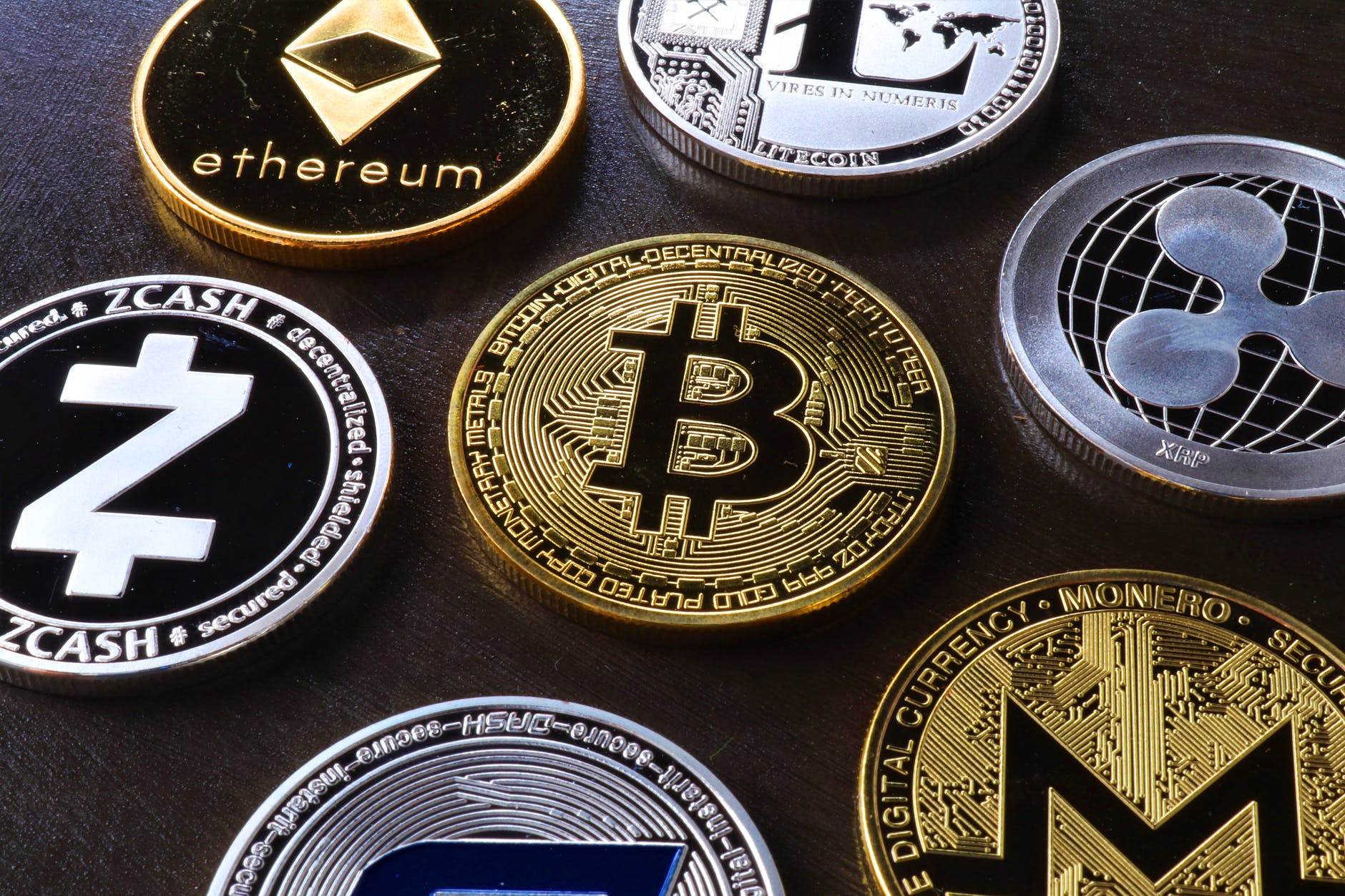“If you’re going to post this whole interview,” Donald Trump said during a podcast livestream Wednesday afternoon, “let’s see what happens when Instagram and Facebook and Twitter and they all delete it.”
Trump named the wrong platforms; the podcast, Full Send, a slightly Rogan-esque bro-fest, was streamed on YouTube. But otherwise his prediction was correct, as during the interview he reiterated his claim that he, not Joe Biden, was the rightful winner of the 2020 election. “The vote fraud was massive,” he said during one of the many riffs on the theme. . ‘I call it ‘the crime of the century’. We are making a book about it.”
YouTube has a strict policy against claims that the 2020 election has been stolen. Still, the video lasted for over 24 hours and attracted over 5 million views. YouTube removed it Thursday night, a few hours after WIRED requested it. It’s the latest example of how platforms can struggle to enforce strict disinformation policies — and it begs the question of whether this kind of content ban makes sense at all.
Think about what happened to the hill.
Last week, YouTube suspended the Hill, a political publication in Washington, DC, for seven days after the YouTube channel aired clips in which Trump claimed to have committed electoral fraud. One came from his recent speech at the Conservative Political Action Conference. The second was an excerpt from a Trump interview on Fox News, which aired on the Hill’s daily commentary show, Rising.
The last clip wasn’t even primarily about the election. In it, Trump gives his less-than-statesmanlike analysis of Russia’s invasion of Ukraine, mocking the up-and-coming hosts. But at the end of the clip, Trump says, “And it all happened because of a rigged election.”
This was enough to trigger YouTube’s electoral integrity policy, which “prohibits false claims that widespread fraud, errors or malfunctions have changed the outcome” of past presidential elections. The policy states that you can only include those claims if you explicitly disprove or condemn them. That’s where things went wrong at the Hill. “After review, we have determined that content removed from this channel contains images alleging that the 2020 US presidential election has been rigged (which is against our electoral integrity policies) without sufficient context,” YouTube spokesperson Ivy Choi said in a statement. e-mail. One strike gets you a warning, two gets you a week-long suspension, and a third gets you kicked off the platform.
With all the focus on online misinformation, it’s easy to forget that until 2020, the major platforms generally refused to remove fake content purely because it was fake. to actual disputes. However, two years after the pandemic and more than a year after January 6, it’s worth asking: What’s the endgame for policies passed during an emergency?
“If we really think about how speech works, the context definitely has to be relevant.”
Evelyn Douek, Harvard University
It’s important to remember that platforms have very good reasons for not wanting to be the “arbitrators of the truth,” in the famous words of Mark Zuckerberg. As Trump seems to understand, it fuels people’s sense that there are ideas that powerful entities are afraid to discuss. “If we talk about the election fraud, they won’t cover it,” Trump said in the podcast, referring to the “corrupt” media. He challenged the hosts to stand up to social media censorship. “Let’s see what happens if they threaten you,” he said. “It’s a trial.” And of course, platforms will inevitably restrict perfectly legit content as bad stuff slips by, because no one can do perfect enforcement. In addition to the podcast interview, Trump’s full CPAC speech — featuring a clip from which Hill was suspended — was still available on CPAC’s YouTube channel, 11 days after it first aired. YouTube also only removed that video after WIRED requested it.
In Hill’s case, YouTube’s electoral integrity policies appear to be based on highly questionable assumptions. Note that when I quoted Trump’s comments from the podcast, I did not add that his claims were false. Do you therefore run the risk of believing them, if you have not already done so? The unspoken premise of a policy like YouTube’s is that by the year 2022, there are a significant number of people who would have been.
This post Beware of the never-ending disinformation emergency
was original published at “https://www.wired.com/story/youtube-rigged-election-donald-trump-moderation-misinformation”
